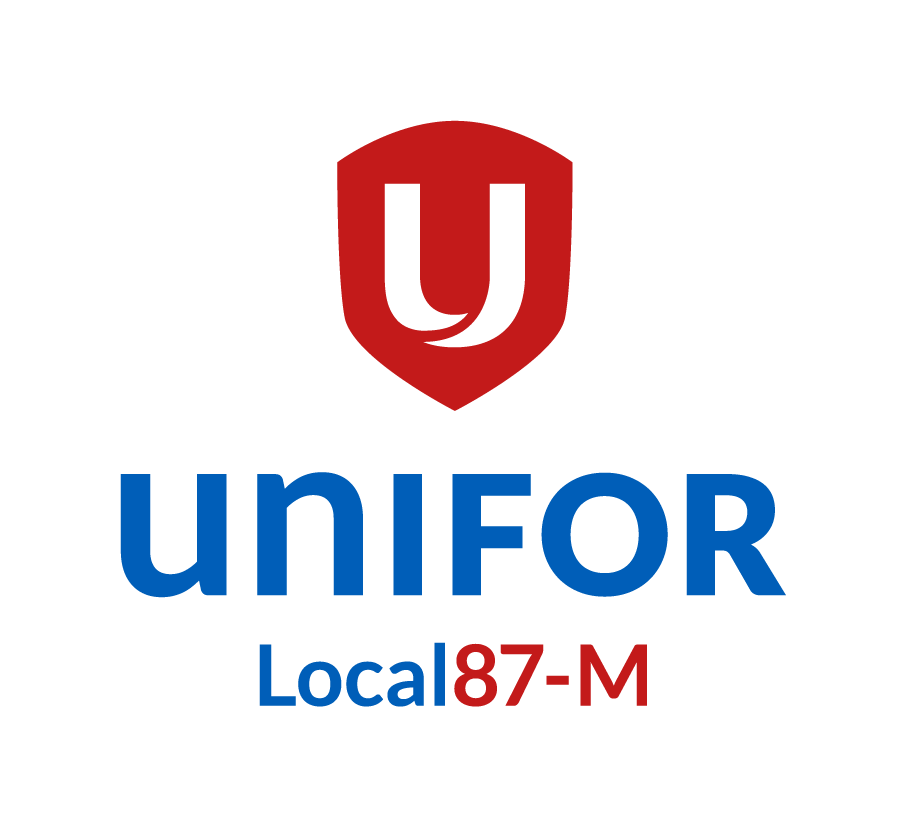Trailblazing Canoe organizers’ advice to fellow digital-media workers: ‘If you’re not unionized, do it’
By Emina Gamulin
Last summer, Canoe.ca ratified what is believed to be the first collective agreement at a standalone online news site in Canada.
As they near the one-year anniversary of getting their first contract, the inside organizers reflect back on the experience and offer advice to other digital-media workers who are considering taking the plunge.
Kristy Brownlee, who led the organizing drive, looks back at their work with pride.
Before organizing, Brownlee was working at QMI Agency, Quebecor’s then internal wire service, which was in the process of being sold to Postmedia. She was frustrated by what she saw as a two-tiered system where Canoe and QMI workers were treated as second-class employees.
“Sun workers were better paid and worked shorter days, and some in the newsroom felt the Canoe workers were there as union busters,” said Brownlee over the phone, recalling those troubled times.
“This created tension, it didn’t foster a collaborative environment.”
Brownlee and a colleague from Canoe decided to take action. They made contact with Unifor Local 87-M, which represented their colleagues at the Toronto Sun newsroom, and got to work on organizing.
It wasn’t always easy.
“People were generally scared to go up against management. There were real fears that if we went ahead and organized it would speed things up with us losing our jobs,” she said, referencing workers’ anxieties around the sale of the company. “I acknowledged that it was daunting, but to me, it was scarier to lose our job completely and be at the mercy of a corporation.”
Dave Pollard, the current unit chair at Canoe who also headed up the bargaining committee for their first contract, agrees there were challenges.
“We had some people that were distinctly anti-union. And I think some of it was based on ignorance, not really understanding how it works,” he said. “Some people thought we were being disloyal to the company, but we all learned that there was no loyalty coming back to us.”
The organizing team had to address these issues with co-workers who were on the fence. Pollard says he relied on honesty, openness and logic to appeal to those who weren’t initially supportive.
Brownlee says she focused on how a union would help foster a more co-operative work environment with their colleagues at the Toronto Sun.
“I never made promises about ten-fold raises or anything,” she said. “I just didn’t want to be at their mercy. I wanted it to be in writing, in a contract.”
As the leader of the operation, Brownlee remembers being under pressure, but sees that time as one of growth and excitement. The experience helped the group, while Brownlee was able develop professional and leadership skills by forcing herself out of her comfort zone.
“It is challenging and it takes a lot of balls to do it, but I look back at it fondly,” she said.
It was a close vote, but the workers decided to go-ahead with the union. Brownlee was elated.
“I felt so relieved and happy. The organizing team worked so hard to get to that point. there were some tense moments, but the majority spoke and we won,” she said.
Unfortunately, Postmedia made the decision to shut down QMI before they were able to bargain their first agreement. The company said the decision was a financial one and had nothing to do with the union. The workers knew going in that this was a possibility, given all of the uncertainty with the Postmedia sale, but it was still a big loss.
Brownlee, seven months pregnant at the time, was among those who lost her job, but believes the company would have gone ahead with outsourcing regardless.
“Some of us lost our jobs, but we were still better off,” she said, explaining they were able to negotiate a better severance with the union on their side. While she admits the layoffs were “her worst fears realized” and that she felt like a “martyr,” she was happy that organizing would help her colleagues who were left to fight the good fight.
Pollard, who had previously served on the bargaining committee and chair at the Guelph Mercury had to step up, or rather, he was “recruited.”
“I don’t think there were too many people here who had experience with unions so people were looking at me,” he explained.
The deal they struck with the company protected employees from dismissal without just cause, established a grievance process, and a wage grid that goes into effect this year. In addition to all employees getting their first raise in several years, they also uncovered in organizing that some women in the newsroom were making significantly less than their male counterparts, which the new grid addresses. They’ve also timed the expiry of their contract with that of their Toronto Sun colleagues, increasing their bargaining power.
Pollard says he was happy to establish a contract and get wage increases, especially for those workers at the bottom of the pay scale.
His last thought for digital media workers considering going for it?
“If you’re not unionized, do it.”
Brownlee concurs. Workers need to do their research, she says, and should call the union to get advice and start talking to trusted colleagues — she emphasized trusted — to gauge where they are at. But at some point, you need take a leap, she said.
“Going out on a limb and taking big risks can bring big rewards,” she said. “It makes life exciting.”

